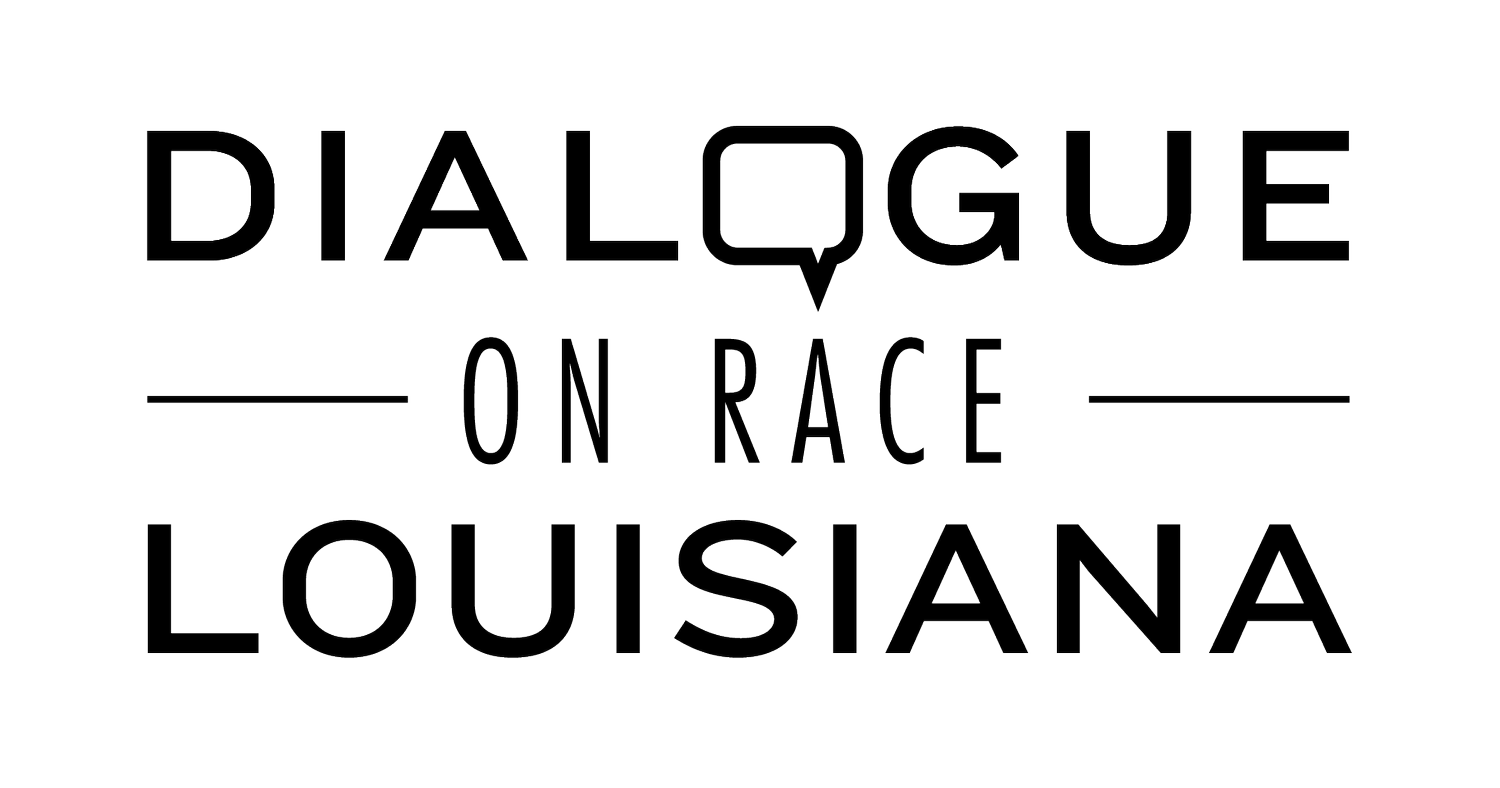The Throughline to the Court: Race, Representation, and the Stories We’ve Forgotten
Author: Jasmine Pogue, Dialogue on Race Marketing and Facilitator Coordinator
As the Marketing and Facilitator Coordinator at Dialogue on Race Louisiana, Jasmine plays a key role in both expanding the organization’s reach and supporting the Dialogue process. She leads efforts to recruit, train, and support Dialogue on Race facilitators who guide conversations across the United States. Through her work, Jasmine brings clarity, strategy, and a deep commitment to fostering open and honest dialogue.
“This is going to end up in front of the Supreme Court.”
Maxine Crump, Dialogue on Race President and CEO, stated this last year during a staff meeting, just after Louisiana added a second majority-Black congressional district. While many were focused on the immediate reaction, what this meant for representation in Louisiana, and what it signaled politically, Maxine was focused on how we got here.
It’s March 2025, and the case is before the Supreme Court.
During a recent Dialogue on Race staff training call, Maxine brought the topic up again. “I said this would reach the Supreme Court.”
“You did,” I said, remembering the conversation clearly. She asked us, “Why is the Supreme Court considering if a majority-Black district is gerrymandering?”
The question hung there for a while.
Then, Maxine walked us through the process. Majority-Black districts exist as a result of a historical injustice, where Black people were denied access to representation. These districts weren’t created out of fairness—they were drawn to correct what had been systematically denied. They are a compromise, and the compromise was never the solution. The problem it responds to still exists.
This distinction matters.
In 2013, the Supreme Court gutted the Voting Rights Act in Shelby County v. Holder, removing the federal preclearance requirement for jurisdictions with a history of voter suppression. That ruling didn’t end voter discrimination. It just made it harder to prevent. Since then, the country has moved toward a “proof of racism” model, where protections are rolled back unless individuals or organizations can document ongoing harm.
That shift is visible again in Ardoin v. Robinson, the current Louisiana case. A New York Times article covering the hearing noted that Justice Brett Kavanaugh repeated a point he made in Allen v. Milligan, the 2023 case that upheld the Voting Rights Act in Alabama:
“Race-based remedial action must have a logical endpoint, must be limited in time, must be a temporary matter.” (source)
And now, under the Trump administration, the Department of Justice has begun to step away from key voting rights cases altogether. According to a recent NPR report, the DOJ withdrew from the Louisiana case and another over voting maps in Texas. Former DOJ official Gilda Daniels explained it this way:
“What we are seeing now is the Department of Justice saying that they’re not in the business of enforcing these voting rights, statutes and laws.”
The federal government stepping away from enforcement creates another kind of vacuum—one where historical understanding becomes optional, and lived experience is left to be debated rather than acknowledged.
Having facilitated the first Dialogue on Race Original Series of the year, I've seen how hard it is for people to hold two truths at once: that racism is harmful and persistent and that laws intended to address that harm can can be seen as 'unfair advantages.' That's where questions like, 'Is a majority-Black district gerrymandering?' come from.
But that's precisely why Dialogue on Race exists. It is a space created for you to actively participate and shape the narrative about race.
Most Americans haven't been given a historical throughline on race. The educational system, shaped by the Lost Cause narrative, does not provide a clear understanding of how racism has operated—from the legal foundation of enslavement to Jim Crow to the Civil Rights Act to today. Without that understanding, it's easy to misread compromise as progress—and mistake necessary protections as favoritism.
Dialogue on Race is your space, created for those conversations to happen. Your participation is crucial in addressing racial issues and shaping a more just society.
Coming up soon, Dialogue on Race will hold a segment called Race in Conversation, for a conversation open to everyone. We encourage you to join us in talking about the laws created to end racism that have not.
Open for registration now! Tuesday, April 22nd at 6:00 PM CT
Why We Need a New Conversation on Civil Rights
Join the coversation via dorla.eventbrite.com
